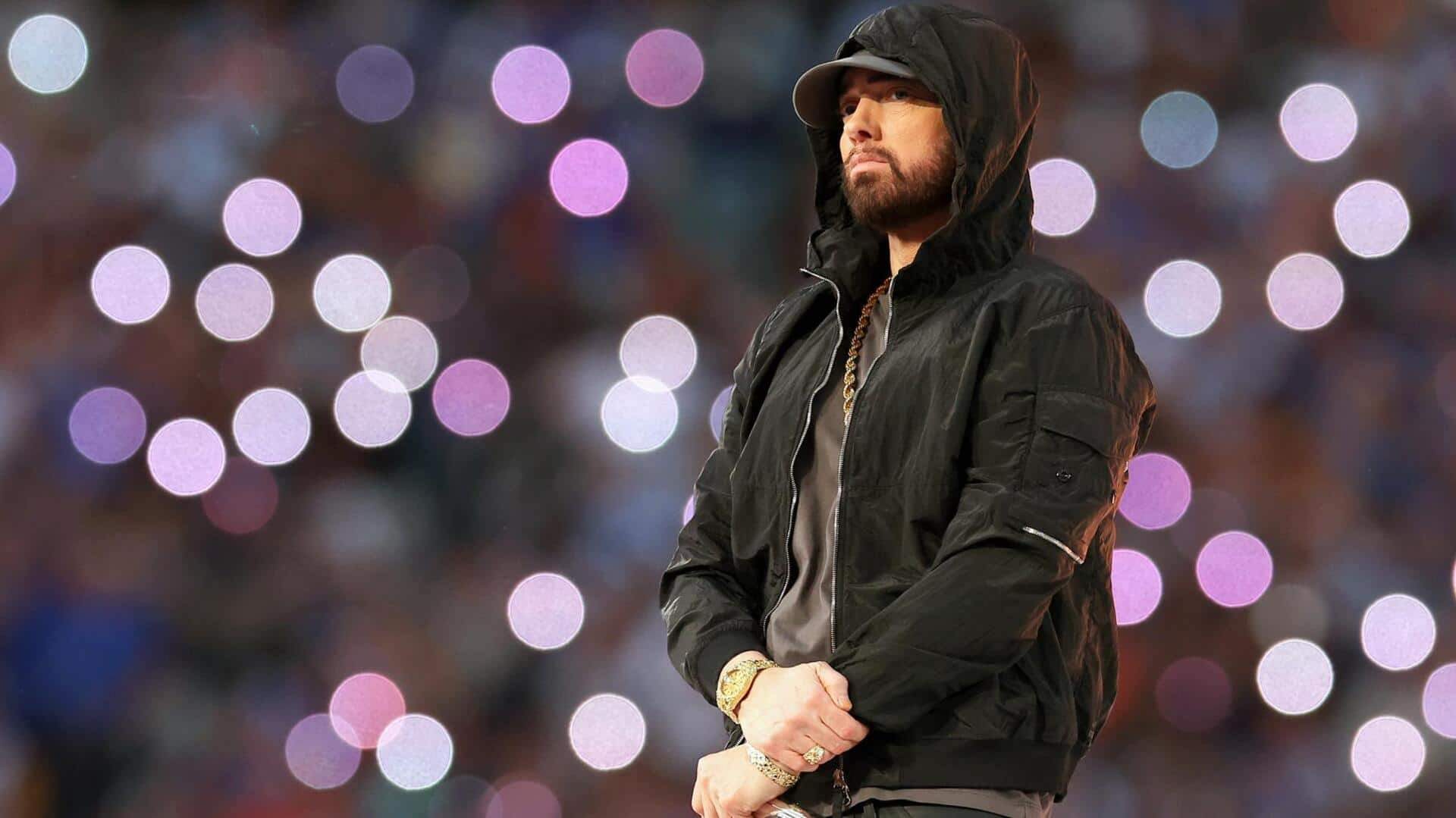
Spotify wins battle over 'billions' of unlicensed Eminem streams
What's the story
After a five-year-long legal battle, Spotify has emerged victorious against rapper Eminem's publisher, Eight Mile Style. The lawsuit, filed in 2019, accused the music streaming giant of not properly licensing Eminem's work—which included hits like Lose Yourself—before making it available on their platform. Despite the court acknowledging that Spotify did not possess a license for the tracks in question, it ruled in favor of the company.
Allegations
Eight Mile Style's allegations against Spotify
Eight Mile Style alleged that Spotify falsely claimed to hold licenses for a catalog of 243 Eminem songs. The publisher alleged that despite these tracks being streamed billions of times, Spotify had not compensated Eight Mile Style, but instead made random payments accounting for only a fraction of those streams. This constituted "willful copyright infringement," according to the publisher's allegations.
Response
Spotify's response and subsequent legal proceedings
In response to the lawsuit in 2020, the music streaming platform blamed Kobalt Music Group, the company that manages the rights to Eminem's music. They claimed that Kobalt had misled them into believing they had the right to stream Eminem's music. The case then saw a series of back-and-forth exchanges between Eight Mile, Spotify, and Kobalt, who was later added as a defendant.
Ruling
Judge's ruling and its implications
On August 15, Judge Aleta A. Trauger issued her judgment, which did not favor Eight Mile. She found that the company had been intentionally trying to extract as much money as possible from Spotify through the copyright infringement lawsuit. The judge ruled that while Spotify had mishandled Eminem's copyrights, Eight Mile was not entitled to any damages due to its own actions.
Oversight
Eight Mile's strategic oversight in licensing
Judge Trauger found that Eight Mile had authorized Kobalt to collect their royalties, but not given them the authority to license the music. This licensing authority was assigned to another company. Eight Mile's failure to inform Spotify about this indicated that it was not an innocent victim in a copyright infringement case. The judge concluded that Eight Mile had knowingly allowed its rights to be violated.